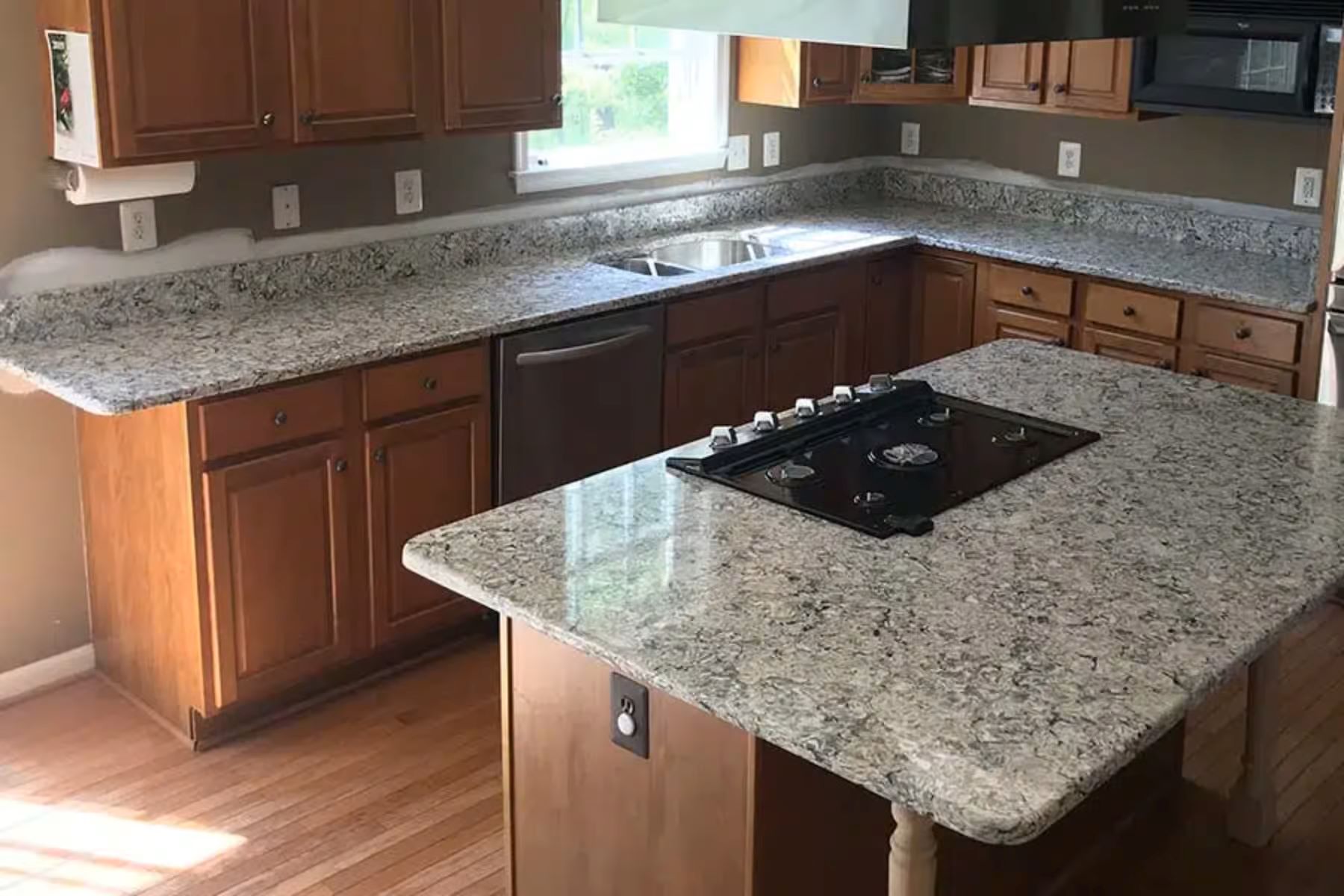

Articles
How Long Do Granite Countertops Last
Modified: February 23, 2024
Discover how long granite countertops can last with our informative articles. Learn about the factors that affect their durability and how to care for them to ensure they stand the test of time.
(Many of the links in this article redirect to a specific reviewed product. Your purchase of these products through affiliate links helps to generate commission for Storables.com, at no extra cost. Learn more)
Introduction
Granite countertops are a popular choice for homeowners due to their durability, beauty, and timeless appeal. They add a touch of elegance to any kitchen or bathroom, and with proper care, they can last for many years. But how long do granite countertops actually last? In this article, we will explore the factors that affect the lifespan of granite countertops, average lifespan estimates, signs of wear and tear to watch out for, and maintenance tips to help you prolong their lifespan.
Granite is a natural stone that is formed from the cooling and solidification of magma deep within the earth’s crust. It is composed mainly of quartz and feldspar, which give it its strength and unique appearance. Each granite slab is one-of-a-kind, with its own pattern and color variations, making it a highly sought-after material for countertops.
One of the key factors that contribute to the longevity of granite countertops is their inherent durability. Granite is a dense, hard material that is resistant to scratches, heat, and stains. When properly sealed, it is also resistant to moisture, which helps prevent bacteria growth and damage from water exposure. However, despite its natural strength, there are other factors that can impact the lifespan of granite countertops.
Exposure to extreme temperatures, excessive weight, and harsh chemicals can all have a negative impact on the lifespan of granite countertops. For example, placing a hot pan directly onto the surface can cause thermal shock and lead to cracks or discoloration. Similarly, placing heavy objects or applying excessive pressure on the edges of the countertop can cause it to chip or break. Harsh chemicals, such as bleach or abrasive cleaners, can also damage the sealant and cause discoloration or etching.
Additionally, the quality of the installation plays a significant role in the lifespan of granite countertops. Improper installation can lead to uneven support, which can cause stress on the countertop and increase the likelihood of cracks or damage over time. It is essential to hire a skilled and experienced professional to ensure proper installation and avoid potential problems down the line.
In the following sections, we will delve deeper into the average lifespan of granite countertops, signs of wear and tear to look out for, and maintenance tips to help you extend their lifespan.
Key Takeaways:
- Proper maintenance, including regular cleaning, resealing, and avoiding harsh chemicals, can extend the lifespan of granite countertops, preserving their beauty and functionality for many years.
- Signs of wear and tear, such as stains, scratches, cracks, and dullness, indicate the need for prompt attention to prevent further damage and maximize the longevity of granite countertops.
Read more: How Long Do Laminate Countertops Last
Factors Affecting the Lifespan of Granite Countertops
While granite countertops are known for their durability, there are several factors that can affect their lifespan. By understanding these factors, you can take steps to ensure the longevity of your granite countertops.
1. Quality of the Granite: The quality of the granite itself can have a significant impact on its lifespan. Higher-quality granite tends to be denser and less porous, making it more resistant to stains and damage. When choosing granite for your countertops, opt for slabs with a low absorption rate and a high level of hardness, as these characteristics contribute to its longevity.
2. Sealing: Proper sealing is crucial to protecting granite countertops and extends their lifespan. Granite is a porous material, meaning it can absorb liquids and become stained if not adequately sealed. Regularly applying a high-quality granite sealer helps to maintain its protective barrier, preventing stains and reducing the risk of damage from moisture or chemicals.
3. Usage and Maintenance: How you use and maintain your granite countertops can significantly impact their lifespan. Avoid placing hot objects directly on the surface, as extreme temperatures can cause thermal shock and lead to cracks. Use cutting boards and avoid cutting directly on the granite, as sharp or heavy objects can scratch the surface. Regularly clean the countertops using mild, pH-neutral cleaners, as harsh chemicals can damage the granite and its sealant.
4. Impact and Weight: Excessive impact or weight can cause damage to granite countertops. Avoid dropping heavy objects on the surface or using excessive force when handling them. Be mindful of the weight you place on the edges of the countertop, as concentrated pressure can lead to chipping or cracking. Taking these precautions will help preserve the integrity of the granite and prolong its lifespan.
5. Environmental Factors: Environmental factors, such as exposure to sunlight, humidity, and moisture, can affect the lifespan of granite countertops. Prolonged exposure to direct sunlight can cause the granite to fade or discolor over time. Excessive humidity can lead to the growth of mold or mildew if the sealant is compromised. It’s essential to protect the countertops from these elements and maintain a consistent indoor environment to prevent damage.
By considering and addressing these factors, you can ensure that your granite countertops stay in excellent condition and last for many years. Regular maintenance, proper usage, and implementing protective measures will help extend their lifespan and keep them looking beautiful over time.
Average Lifespan of Granite Countertops
The average lifespan of granite countertops can vary depending on several factors, including the quality of the granite, installation, and maintenance. On average, well-maintained granite countertops can last for several decades, with some even lasting a lifetime.
High-quality granite countertops that have been properly sealed and installed by professionals can easily last 30 years or more. However, it’s important to note that this lifespan estimate is a general guideline and can vary based on the specific conditions the countertops are subjected to.
Some homeowners have reported granite countertops that have remained in excellent condition for over 50 years, while others may experience signs of wear and tear sooner depending on factors like usage, maintenance, and environmental conditions.
It’s worth mentioning that the average lifespan of granite countertops can be affected by the level of care and maintenance they receive. Regular cleaning, proper usage, and prompt attention to any stains or damages can help prolong their lifespan and maintain their appearance.
By implementing a routine maintenance schedule and following best practices for care, you can ensure that your granite countertops remain in optimal condition for many years to come.
It’s also worth noting that while granite is known for its durability, it is not indestructible. Accidents or mishandling can result in chips, cracks, or other damages that may require repair or replacement. Keeping this in mind, it’s essential to treat granite countertops with care and take precautions to avoid any potential damage.
Overall, the average lifespan of granite countertops is impressive, and with proper care and maintenance, they can remain a beautiful and functional addition to your home for years to come.
Signs of Wear and Tear on Granite Countertops
While granite countertops are known for their durability, they are not invulnerable to wear and tear. Over time, certain signs may indicate that your granite countertops require attention or repair. By being aware of these signs, you can take proactive measures to address any issues and prolong the lifespan of your countertops.
1. Stains: Granite countertops are typically sealed to protect against stains, but over time, the sealant may wear off or become compromised. If you notice discoloration or stains on the surface of your countertops that cannot be removed with regular cleaning, it may be a sign that the sealant needs to be reapplied.
2. Scratches: While granite is highly scratch-resistant, it is not completely scratch-proof. Heavy or sharp objects, such as utensils or knives, can still cause scratches on the surface. If you notice visible scratches on your countertops, it’s best to consult with a professional to assess the severity and determine the appropriate solution, which may involve polishing or repair.
3. Cracks: Cracks can occur in granite countertops due to various reasons, such as extreme temperature changes, impact, or improper installation. Even minor cracks can worsen over time if left unaddressed, potentially leading to further damage. If you notice any cracks, it’s important to consult with a professional to evaluate the extent of the damage and determine the best course of action.
4. Dulling of Shine: Granite countertops have a natural luster and shine. Over time, improper cleaning techniques or the use of abrasive cleaners can dull the surface, resulting in a lackluster appearance. If your countertops have lost their shine, consider consulting a professional for polishing or restoration to bring back their original beauty.
5. Uneven Surface: Unevenness on the surface of granite countertops could be a sign of underlying issues, such as an improper installation or structural problems. If you notice any uneven areas or depressions on your countertops, it’s best to have them inspected by a professional to identify the cause and find a suitable solution.
6. Discoloration: Prolonged exposure to sunlight or certain chemicals can cause granite countertops to fade or change color over time. If you notice any significant discoloration or uneven coloration, it may be a sign that the granite needs to be professionally restored or replaced.
7. Loose or Damaged Edges: The edges of granite countertops can be susceptible to damage if proper care is not taken. If you notice any chipping, cracking, or looseness along the edges, it’s important to address the issue promptly to prevent further damage and ensure the longevity of your countertops.
It’s important to remember that while some minor wear and tear can be expected over time, significant damage or deterioration should be addressed by professionals who specialize in granite countertop repair and restoration. Regularly inspecting your countertops and addressing any signs of wear and tear can help you maintain their beauty and extend their lifespan.
Granite countertops can last a lifetime with proper care and maintenance. To ensure longevity, regularly seal the surface and avoid placing hot items directly on the countertop.
Maintenance and Care Tips to Prolong the Lifespan of Granite Countertops
Proper maintenance and care are essential for prolonging the lifespan of your granite countertops. By following these tips, you can keep your countertops looking beautiful and ensure their longevity:
1. Clean Regularly: Wipe down your granite countertops daily with a soft cloth or sponge and a mild, pH-neutral cleaner. Avoid using harsh chemicals, abrasive cleaners, or vinegar-based solutions, as they can damage the sealant or etch the granite surface. Rinse thoroughly and dry with a clean, lint-free cloth to prevent water spotting.
2. Avoid Harsh or Abrasive Materials: When cleaning your granite countertops, use non-abrasive cleaning tools, such as microfiber cloths or soft sponges. Avoid scrubbing with abrasive materials like steel wool or rough brushes, as they can scratch the surface.
3. Use Cutting Boards and Trivets: To protect your granite countertops from scratches and heat damage, always use cutting boards and trivets. Cutting directly on the granite surface or placing hot pots and pans directly on the countertop can cause scratches, chips, or thermal shock.
4. Address Spills Promptly: Wipe up any spills immediately to prevent staining. Acidic liquids like lemon juice, wine, or vinegar can etch and stain the surface if left unattended. Blot the spill with a clean cloth, then clean the area with mild soap and water.
5. Reapply Sealant: Granite countertops are typically sealed during the installation process, but the sealant can wear off over time. To maintain the protective barrier, reapply a high-quality granite sealer every 1-2 years or as recommended by the manufacturer. Follow the instructions carefully for optimum effectiveness.
6. Avoid Excessive Weight: Avoid placing heavy objects or applying excessive pressure on the edges of the countertop. Concentrated weight or force can cause chipping or cracking. Use caution when moving heavy appliances or objects on or near the countertops.
7. Protect from Direct Sunlight: Prolonged exposure to direct sunlight can cause fading or discoloration of your granite countertops over time. Use curtains or blinds to block out UV rays and protect the surface from sun damage.
8. Use Proper Cleaning Tools: Avoid using abrasive or acidic cleaners that can damage the granite surface. Instead, opt for mild, pH-neutral cleaners specifically formulated for granite countertops. These cleaners will effectively remove dirt and grime without harming the sealant or the granite itself.
9. Avoid Using Harsh Chemicals: Steer clear of using harsh chemicals, such as bleach or ammonia-based cleaners, on your granite countertops. These chemicals can break down the sealant and cause discoloration or damage to the surface. Stick to gentle, non-abrasive cleaners to maintain the beauty and integrity of your countertops.
By following these maintenance tips, you can ensure that your granite countertops continue to be a stunning focal point in your kitchen or bathroom for years to come. Regular cleaning, proper usage, and protective measures will help extend their lifespan and preserve their natural beauty.
Read more: How Do You Cut Granite Countertops
Extending the Lifespan of Granite Countertops
While granite countertops are durable and can last for many years, there are additional steps you can take to extend their lifespan and keep them looking their best. Here are some tips for maximizing the longevity of your granite countertops:
1. Regular Cleaning: Clean your granite countertops regularly using a mild, pH-neutral cleaner and a soft cloth or sponge. This helps to prevent the buildup of dirt, grime, and stains. Avoid using abrasive cleaners or scrub brushes, as they can scratch the surface of the granite. Rinse thoroughly and dry with a clean cloth to prevent water spots.
2. Resealing: Reapply a high-quality granite sealer every couple of years or as recommended by the manufacturer. This helps to maintain the protective barrier and prevents stains and moisture absorption. Test the sealant periodically by dripping water onto the countertop. If water beads up, the sealant is still effective. If it soaks into the granite, it’s time to reseal.
3. Avoid Harsh Chemicals: Avoid using harsh chemicals, such as bleach or ammonia-based cleaners, as they can damage the sealant and the granite surface. Stick to gentle, non-abrasive cleaners specifically formulated for granite countertops. If in doubt, consult the manufacturer’s recommendations or seek professional advice.
4. Use Cutting Boards and Trivets: Protect your granite countertops by using cutting boards when chopping or preparing food. This helps to prevent scratches on the surface. Additionally, always use trivets or hot pads when placing hot cookware on the countertops to avoid heat damage.
5. Prevent Scratches: Avoid dragging heavy objects across your granite countertops, as this can cause scratches. Be cautious when placing or moving appliances, pots, or pans to prevent damage. Consider using furniture pads or coasters underneath heavy objects to prevent contact with the granite surface.
6. Minimize Direct Sunlight Exposure: Prolonged exposure to direct sunlight can cause fading and discoloration on granite countertops over time. Use window coverings, such as curtains or blinds, to block out UV rays and minimize sun exposure. This will help preserve the natural beauty and color of the granite.
7. Handle with Care: Take extra care when handling heavy or sharp objects near your granite countertops. Avoid dropping heavy items on the surface and be cautious when using knives or other sharp utensils to prevent chipping, cracking, or scratching.
8. Address Issues Promptly: If you notice any signs of wear and tear, such as stains, scratches, or cracks, address them promptly before they worsen. Consult with a professional to assess the extent of the damage and determine the best course of action for repair or restoration.
9. Professional Maintenance: Consider hiring a professional for periodic maintenance and deep cleaning of your granite countertops. They have the expertise and specialized tools to ensure thorough cleaning, resealing, and restoration when necessary, helping to extend the lifespan of your countertops.
By following these steps and taking proper care of your granite countertops, you can not only extend their lifespan but also maintain their beauty and functionality for years to come. Whether it’s regular cleaning, preventive measures, or professional maintenance, these efforts will contribute to the long-term durability and appeal of your granite countertops.
Conclusion
Granite countertops are a popular choice for homeowners due to their durability, beauty, and timeless appeal. With proper care and maintenance, these countertops can last for many years, enhancing the aesthetic and functionality of your kitchen or bathroom. Understanding the factors that affect their lifespan, such as the quality of the granite, installation, and maintenance, is essential for maximizing their longevity.
By following proper maintenance and care tips, you can help prolong the lifespan of your granite countertops. Regular cleaning using mild, pH-neutral cleaners, avoiding harsh chemicals, and resealing the countertops periodically will help maintain their protective barrier and prevent staining and damage. Using cutting boards, trivets, and practicing caution when handling heavy or sharp objects can prevent scratches, chips, and cracks that can shorten the lifespan of the countertops.
It’s important to be aware of signs of wear and tear on your granite countertops. Stains, scratches, cracks, dullness, and unevenness are all indications that your countertops need attention. Addressing these issues promptly by consulting with professionals can prevent further damage and extend the lifespan of your countertops.
Ultimately, taking proactive steps and implementing a regular maintenance routine can help you extend the lifespan of your granite countertops. With proper care, these elegant and durable surfaces can continue to enhance your home for decades to come.
Remember, each piece of granite is unique and requires individual attention. Therefore, it’s always a good idea to consult with professionals who specialize in granite countertop care and maintenance for personalized advice tailored to your specific needs.
Investing time and effort into the maintenance and care of your granite countertops is well worth it. By doing so, you can enjoy their beauty, durability, and functionality for years, while adding long-lasting value to your home.
Frequently Asked Questions about How Long Do Granite Countertops Last
Was this page helpful?
At Storables.com, we guarantee accurate and reliable information. Our content, validated by Expert Board Contributors, is crafted following stringent Editorial Policies. We're committed to providing you with well-researched, expert-backed insights for all your informational needs.
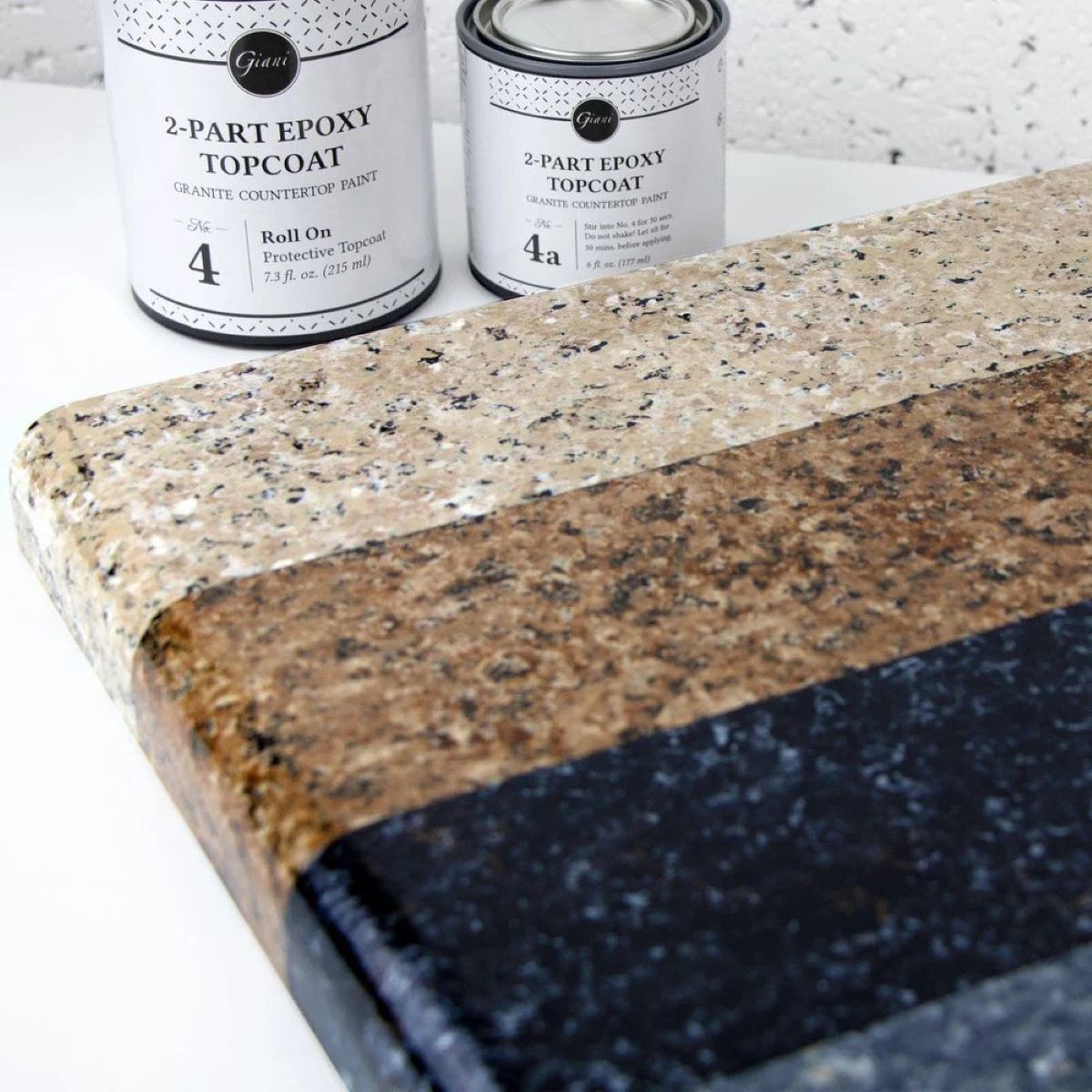
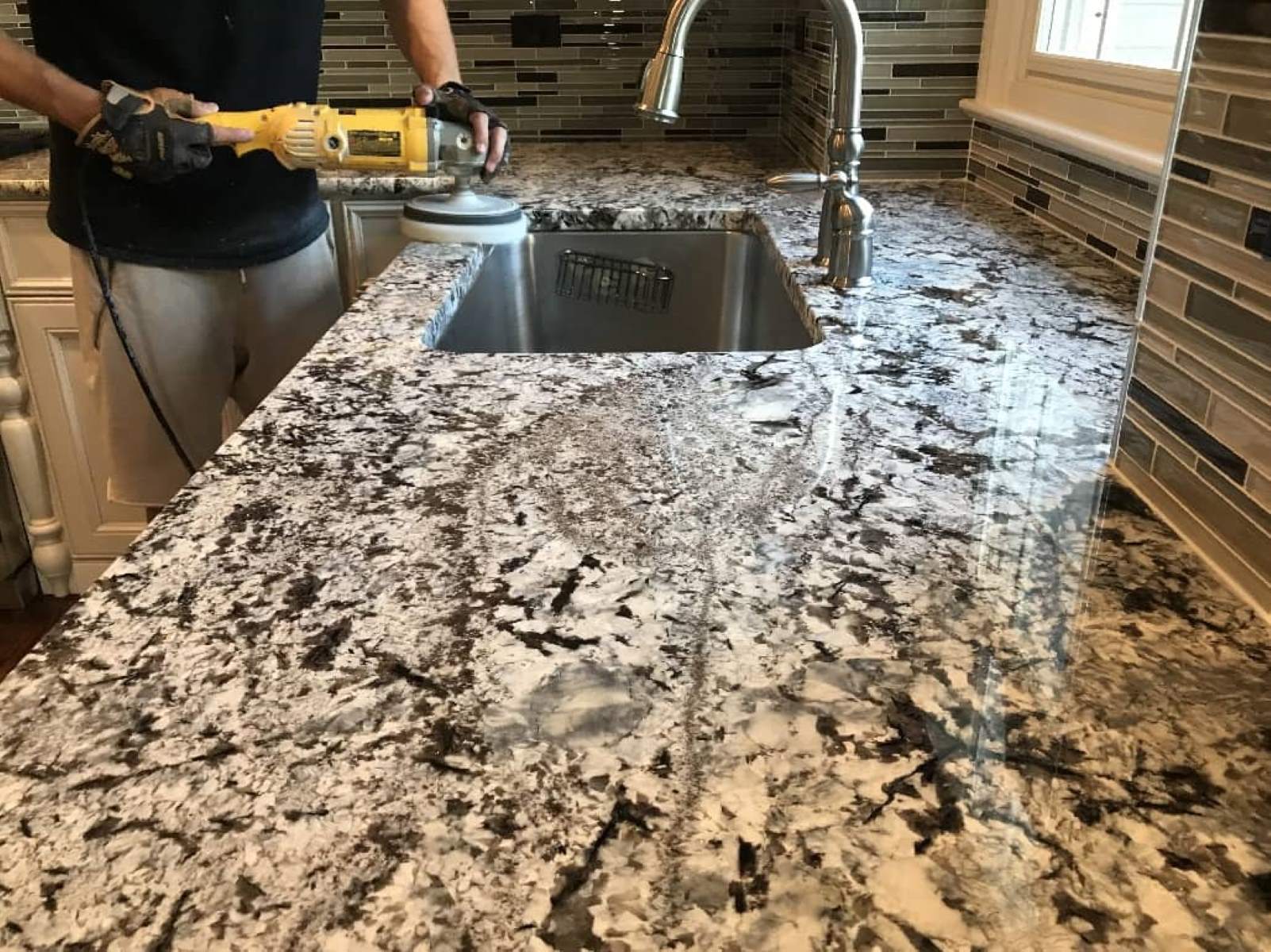
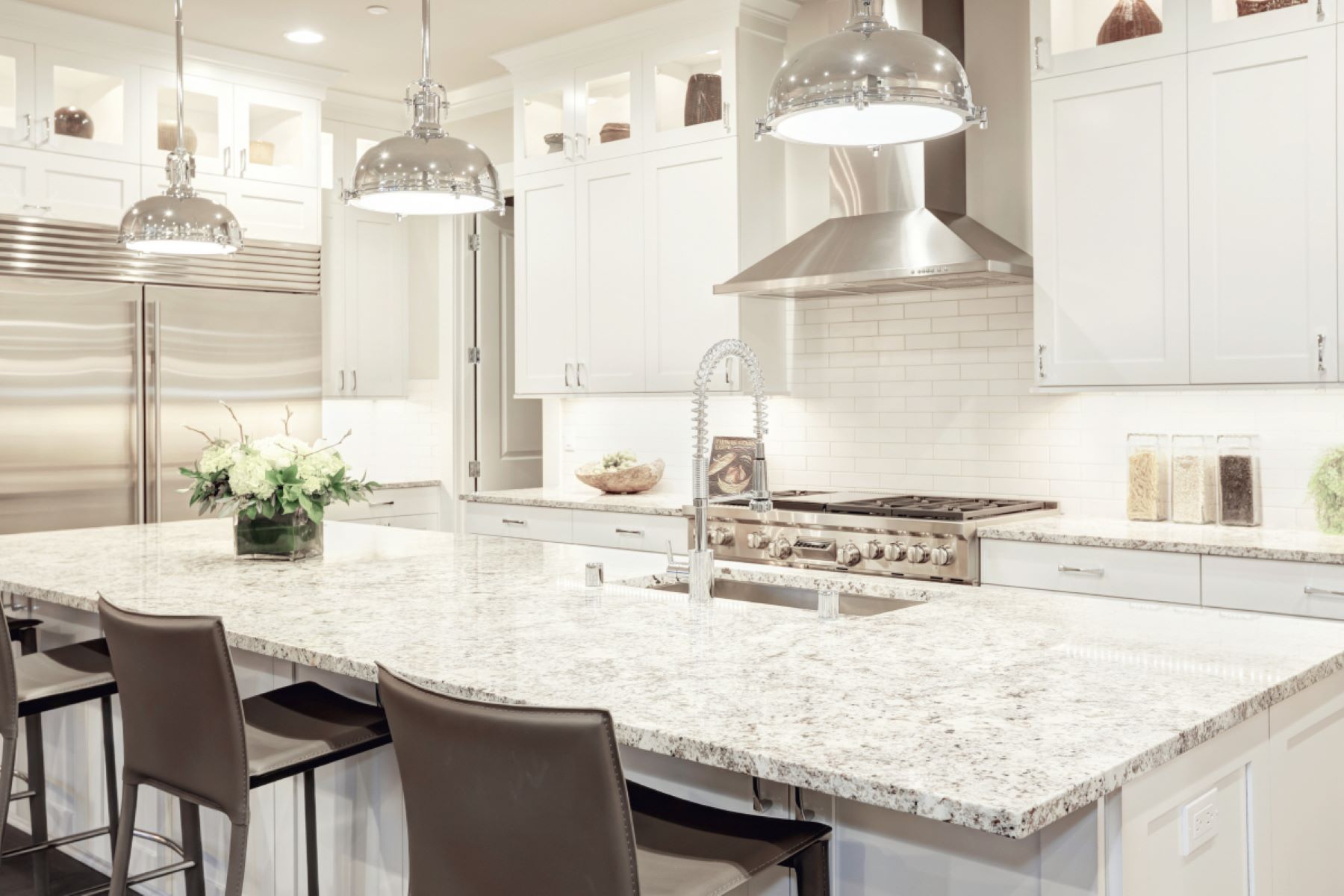
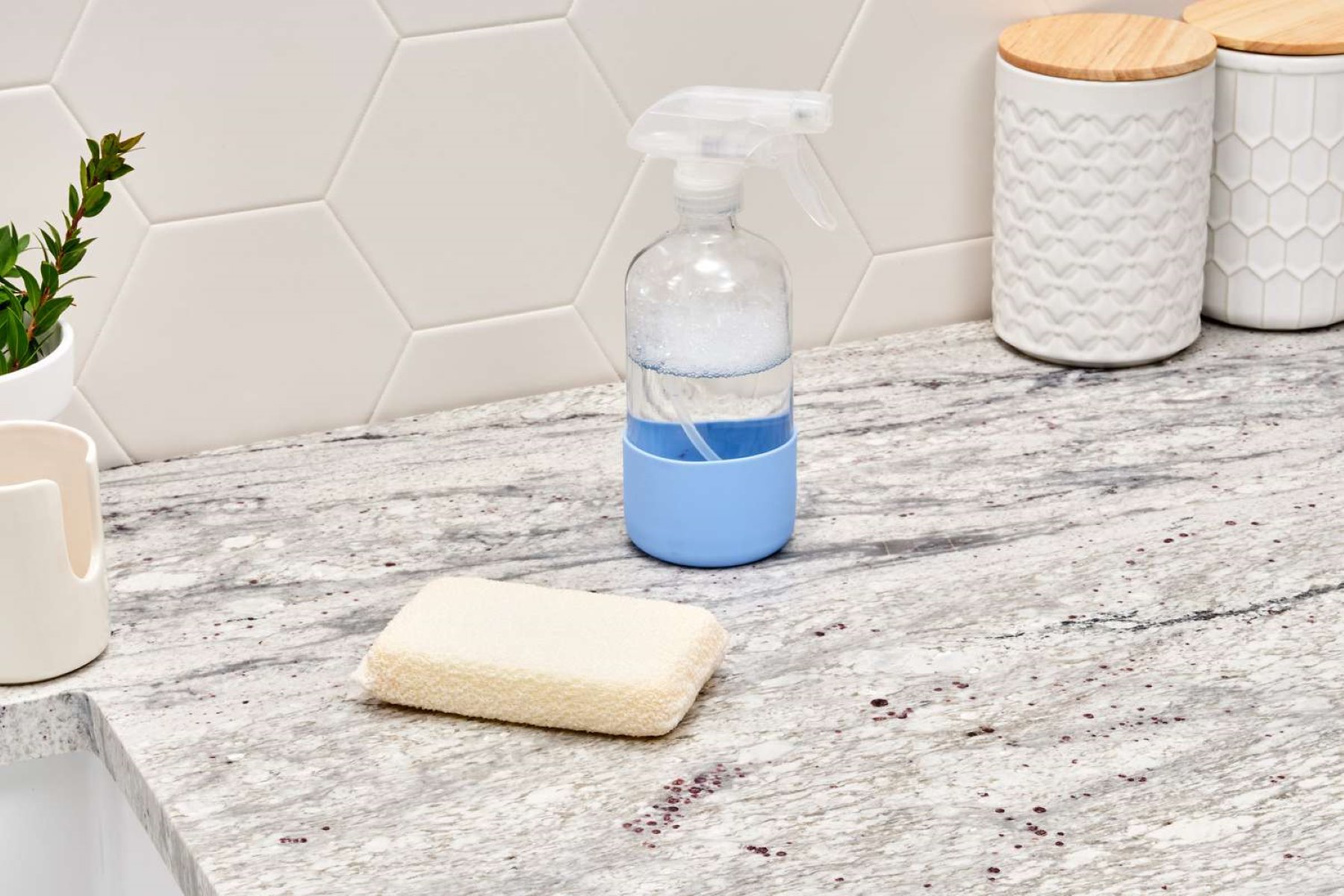
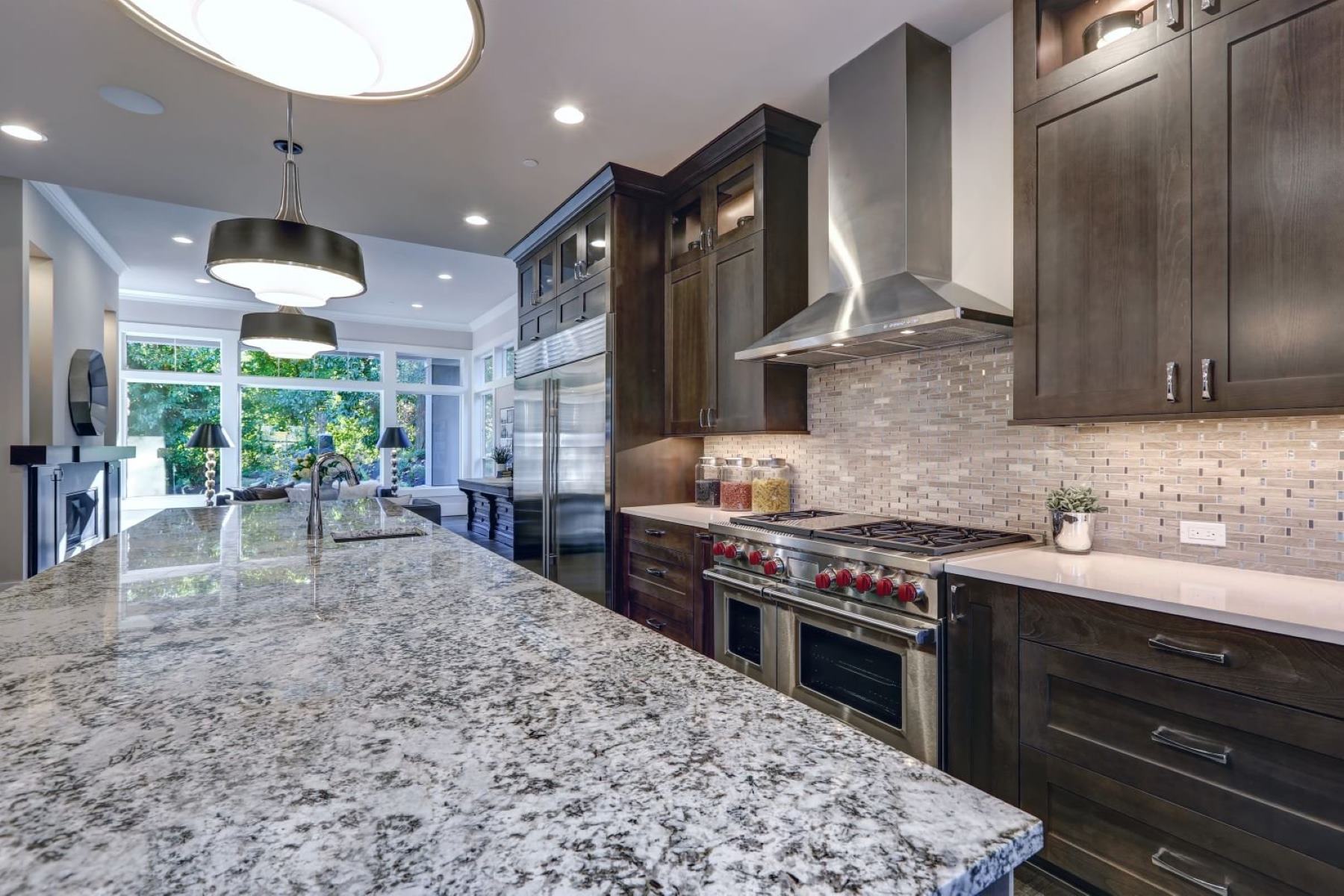
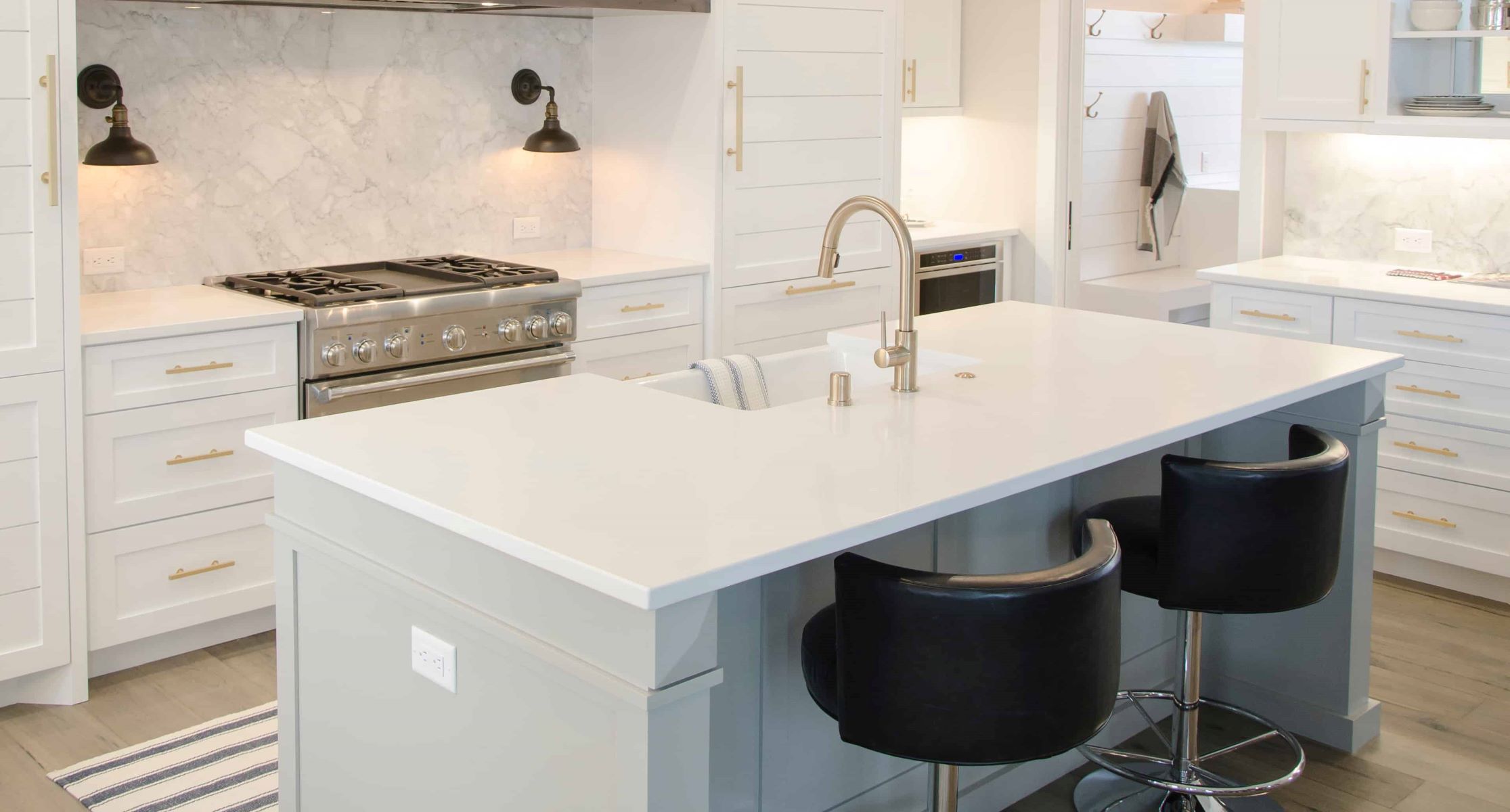
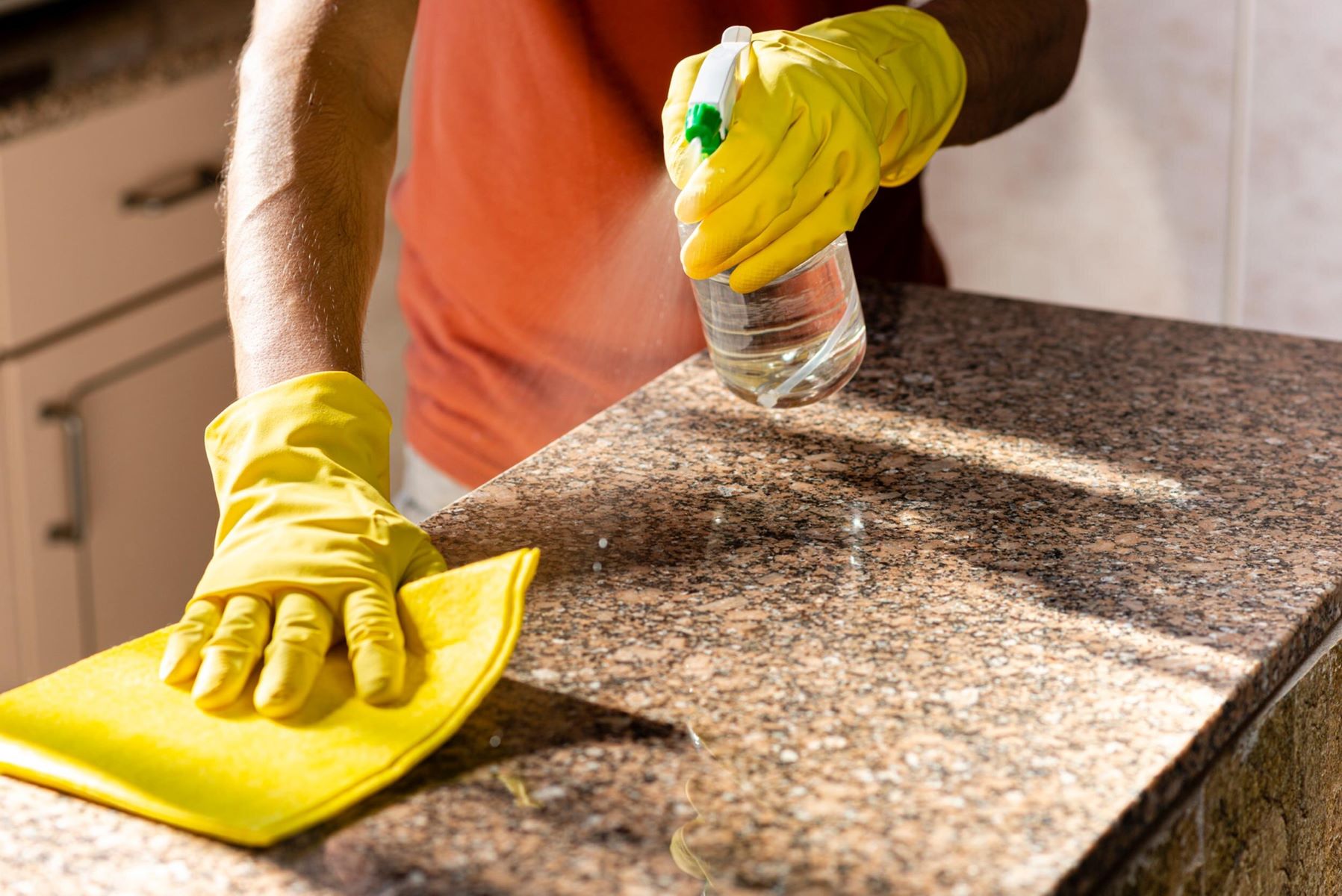
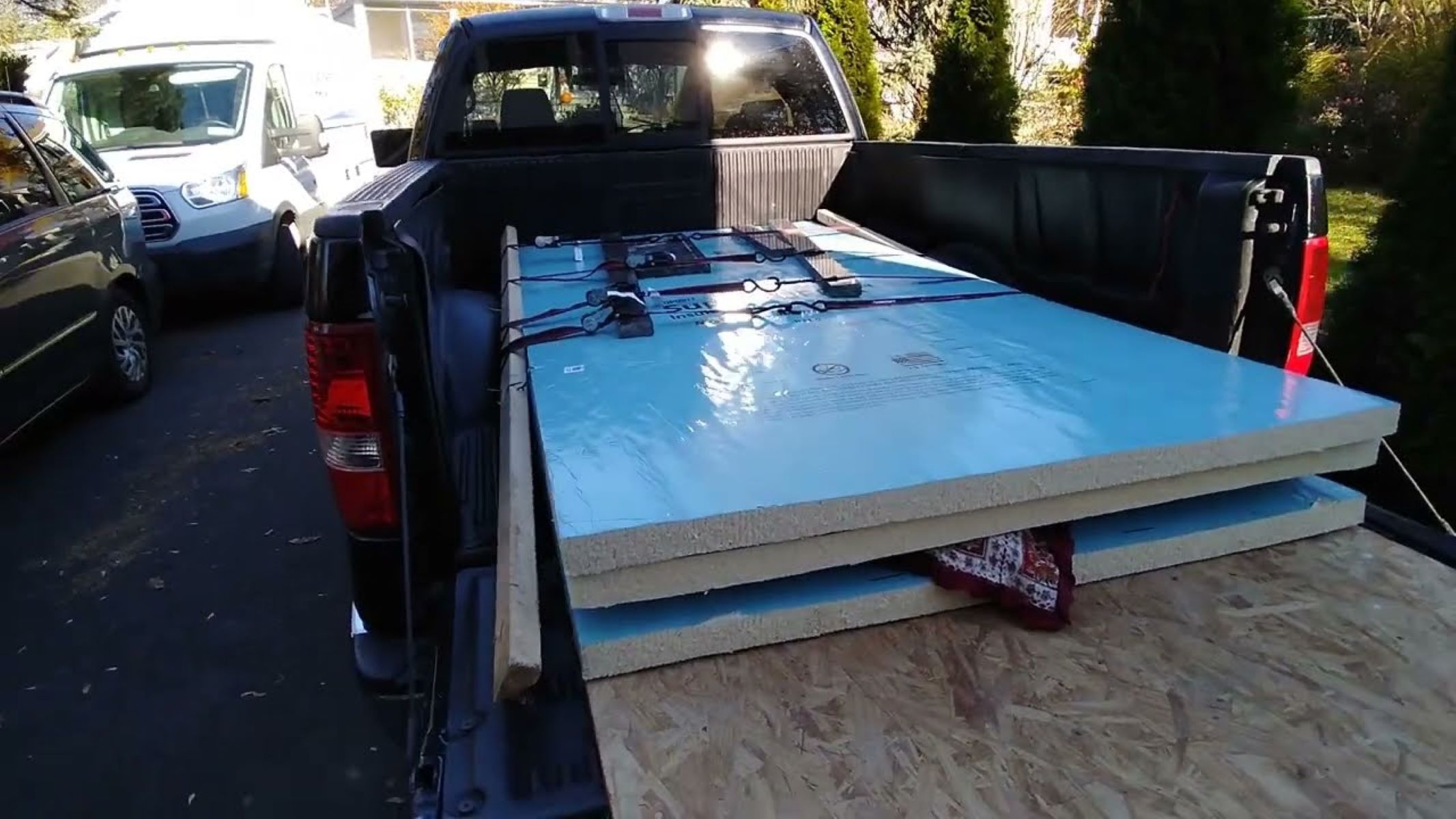
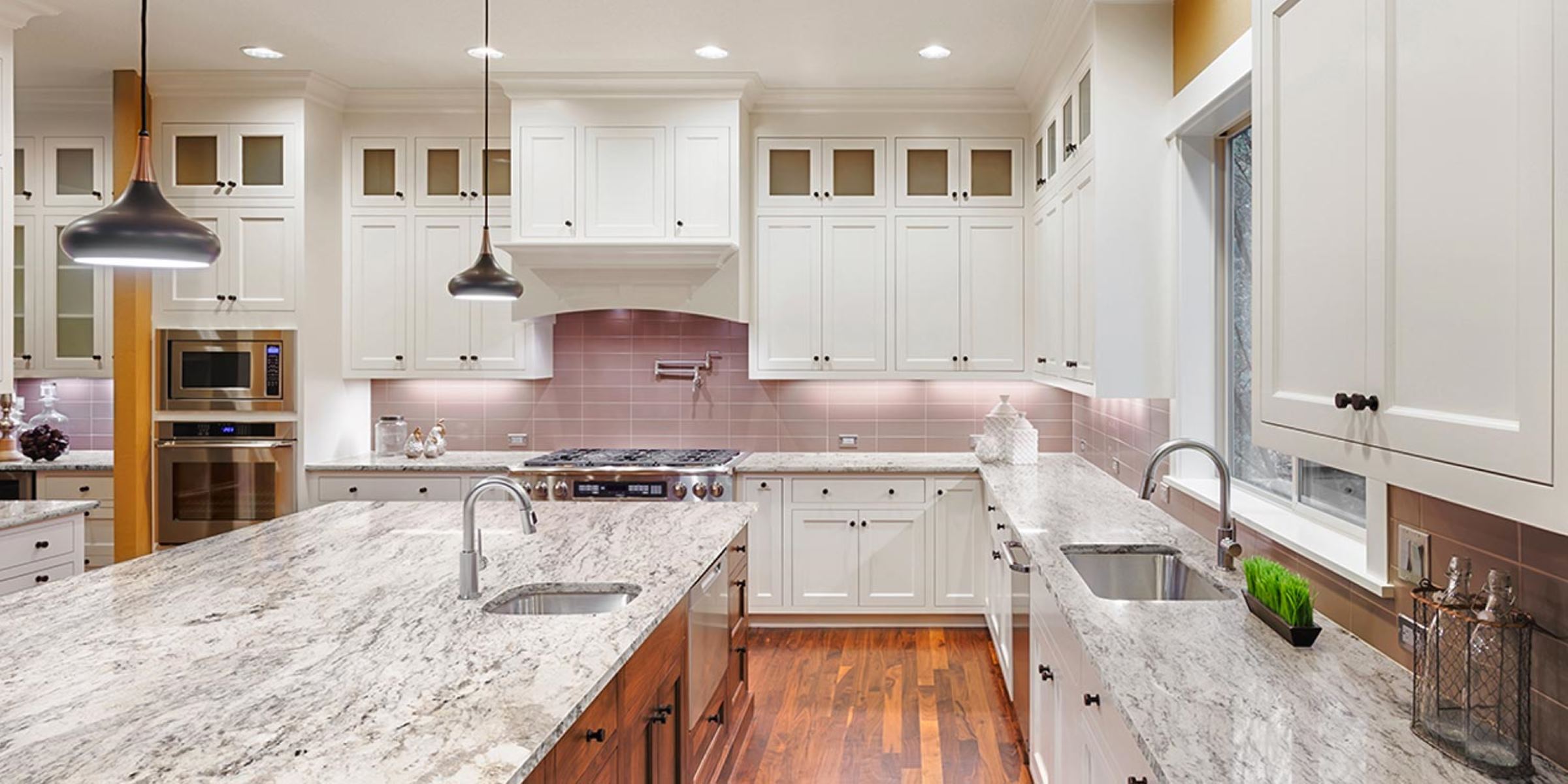
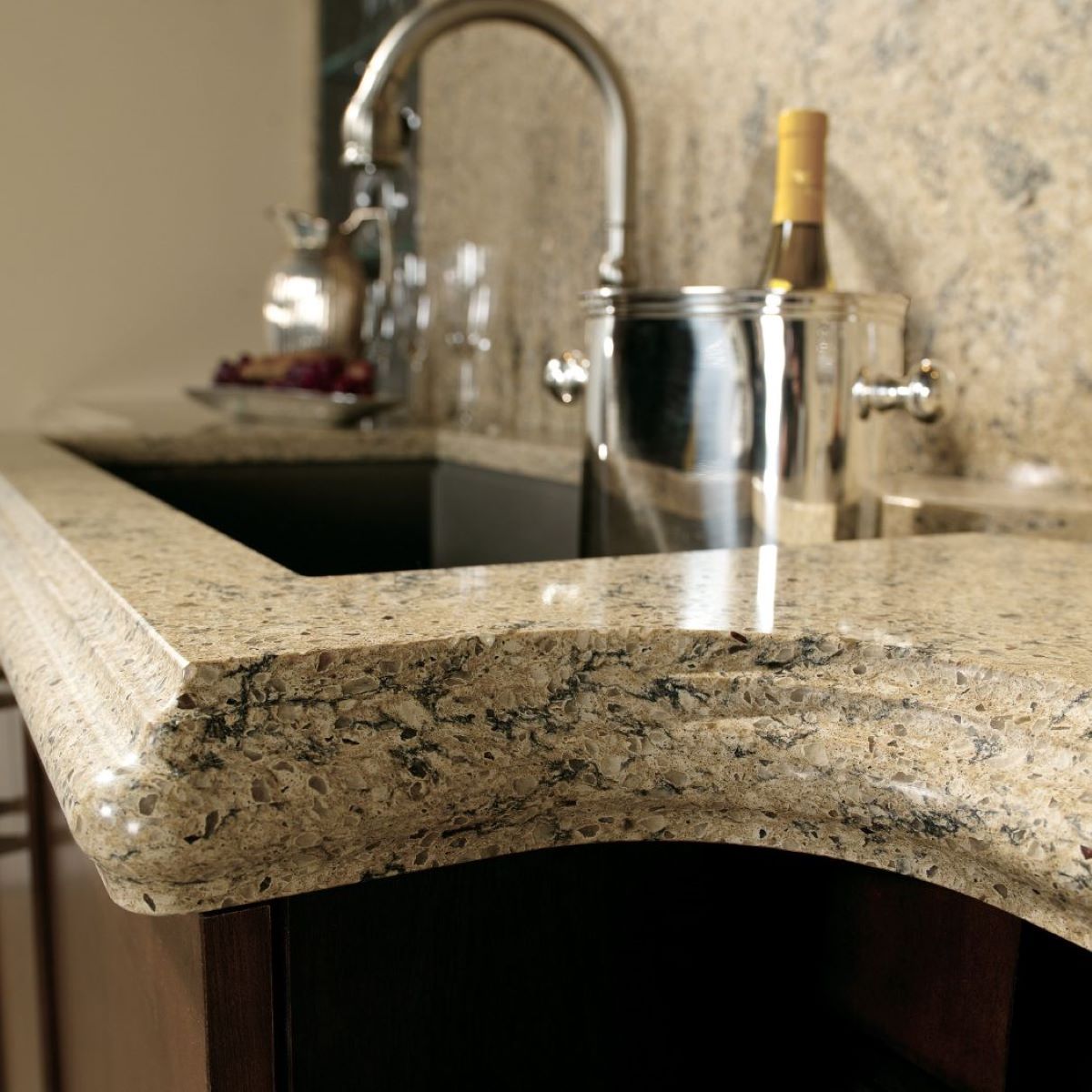
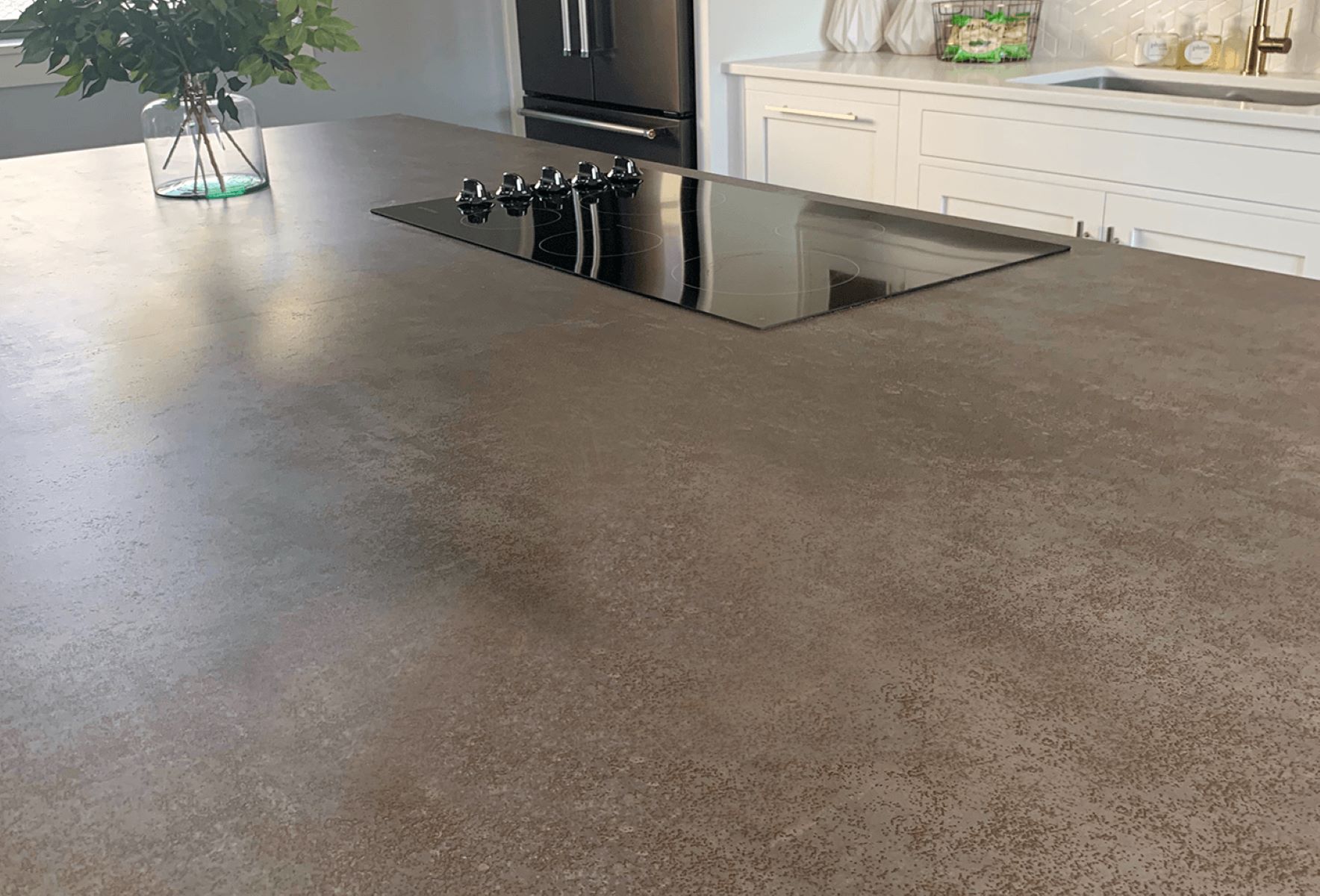
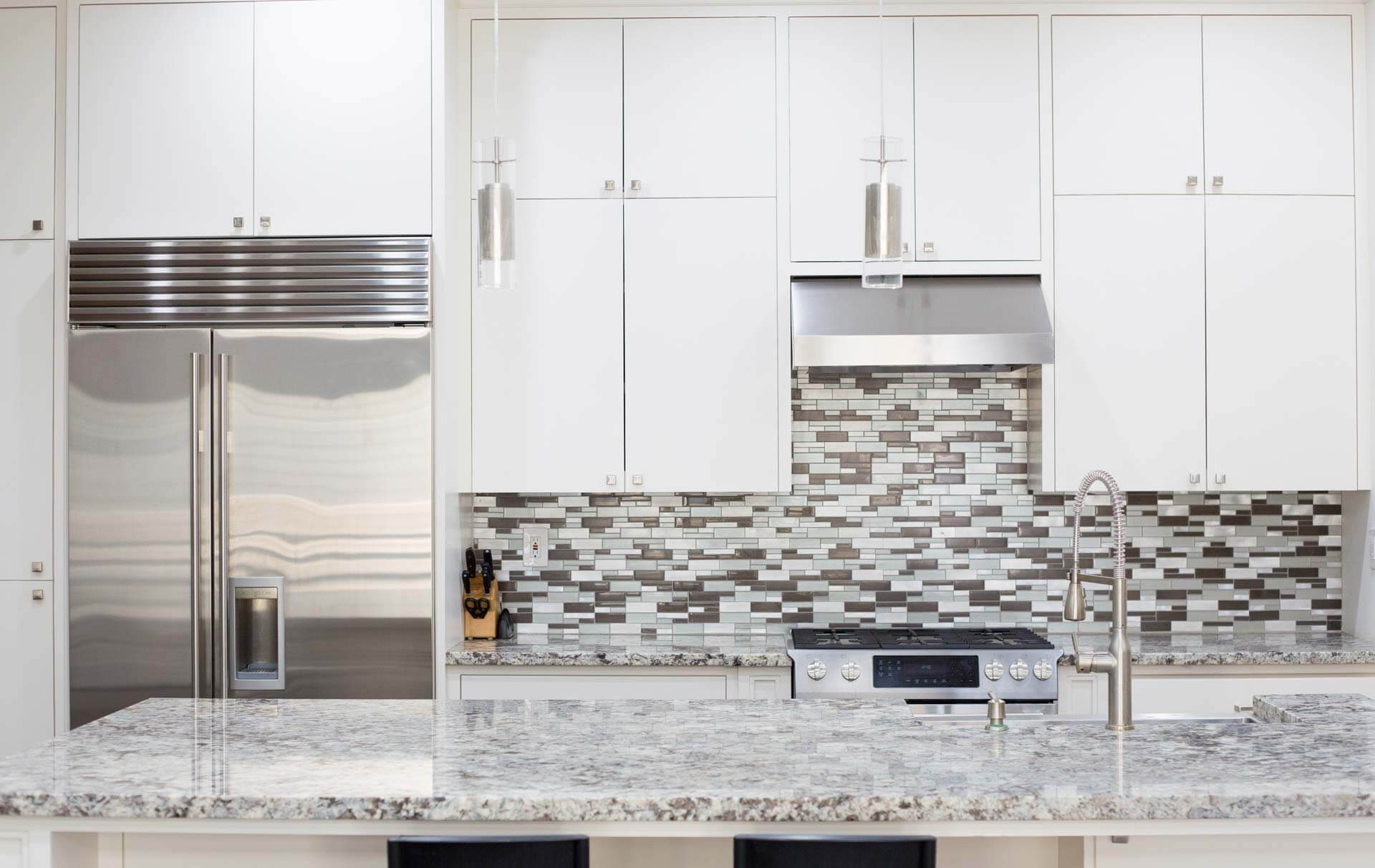
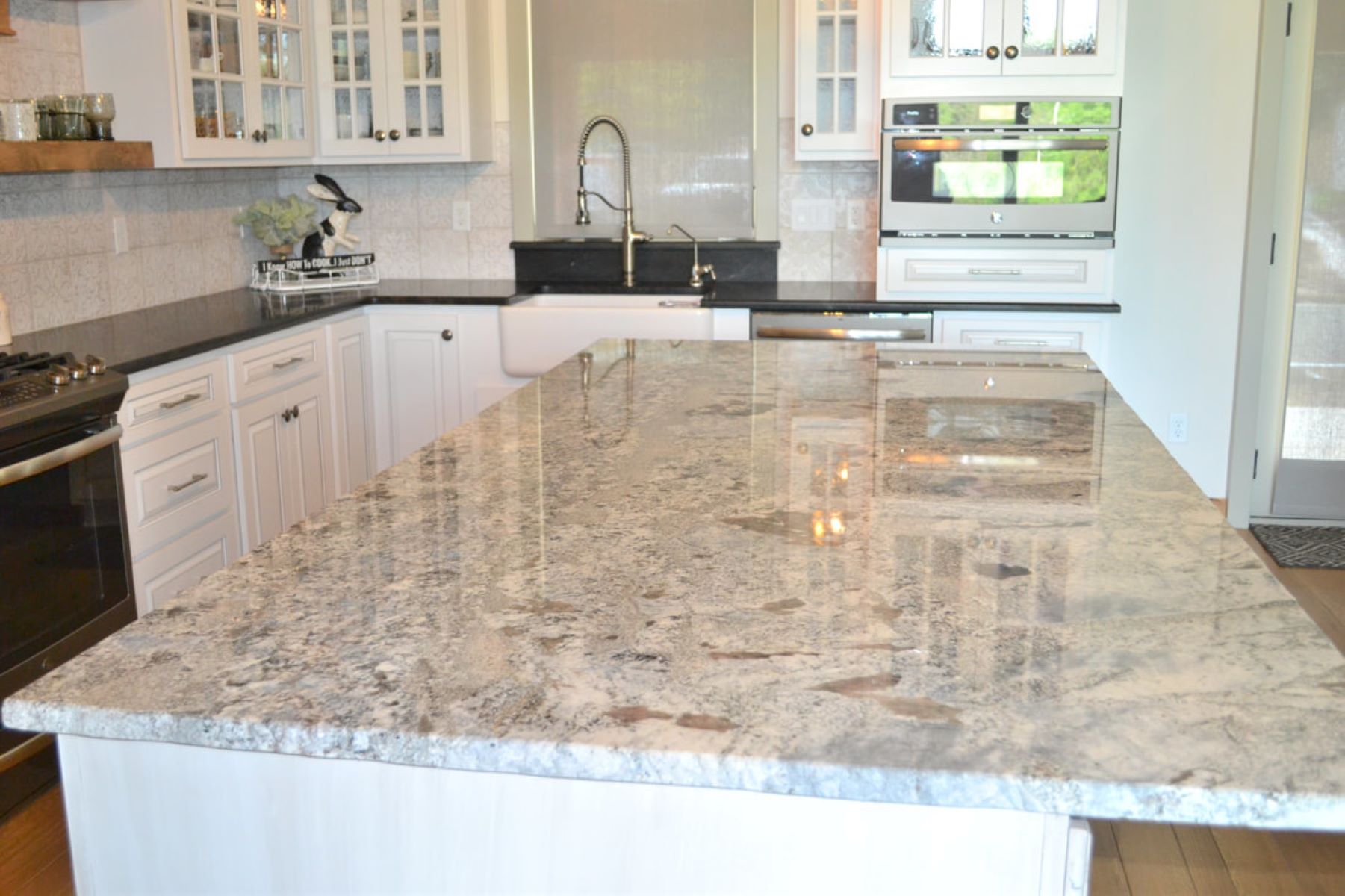
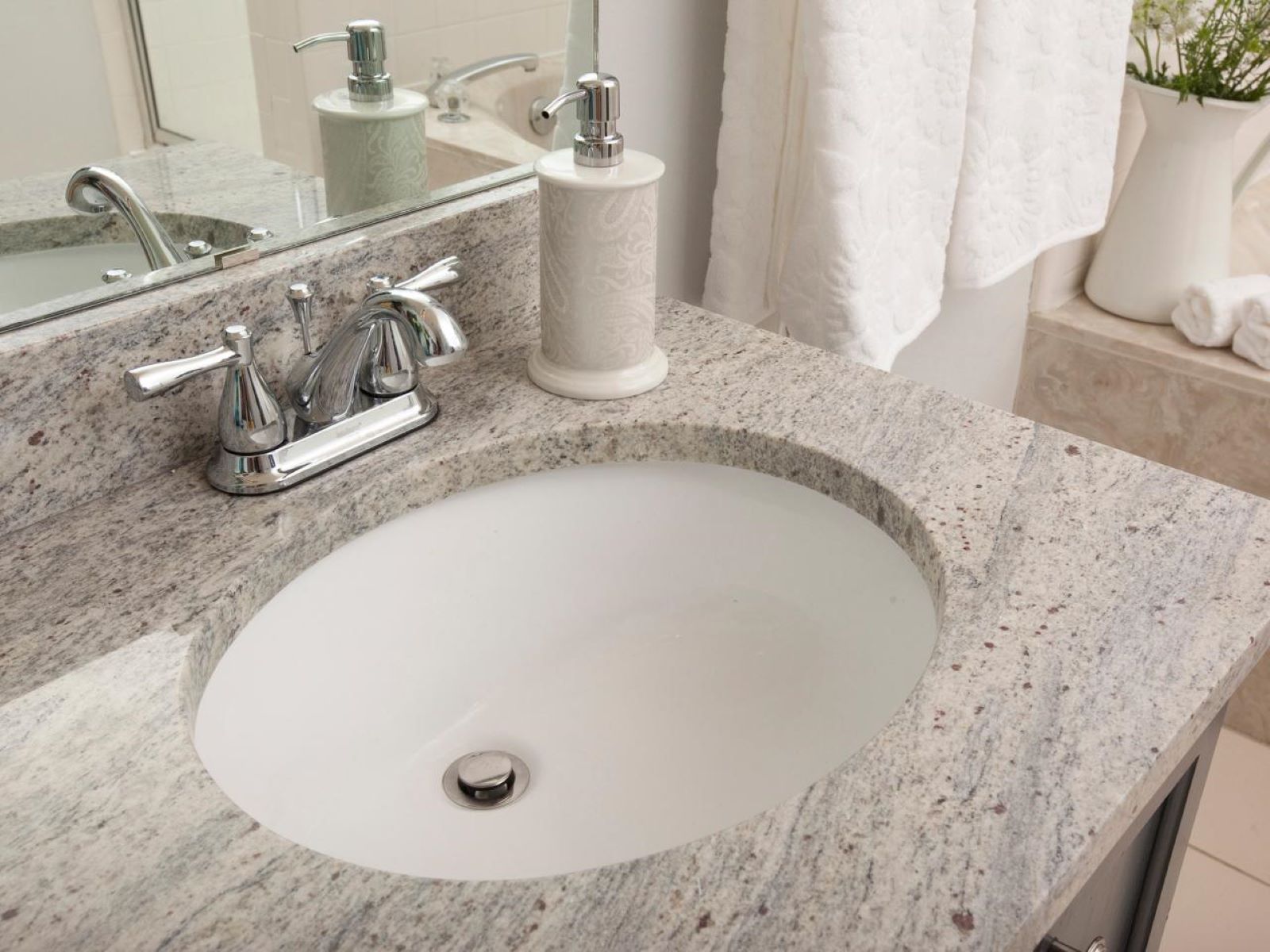

0 thoughts on “How Long Do Granite Countertops Last”